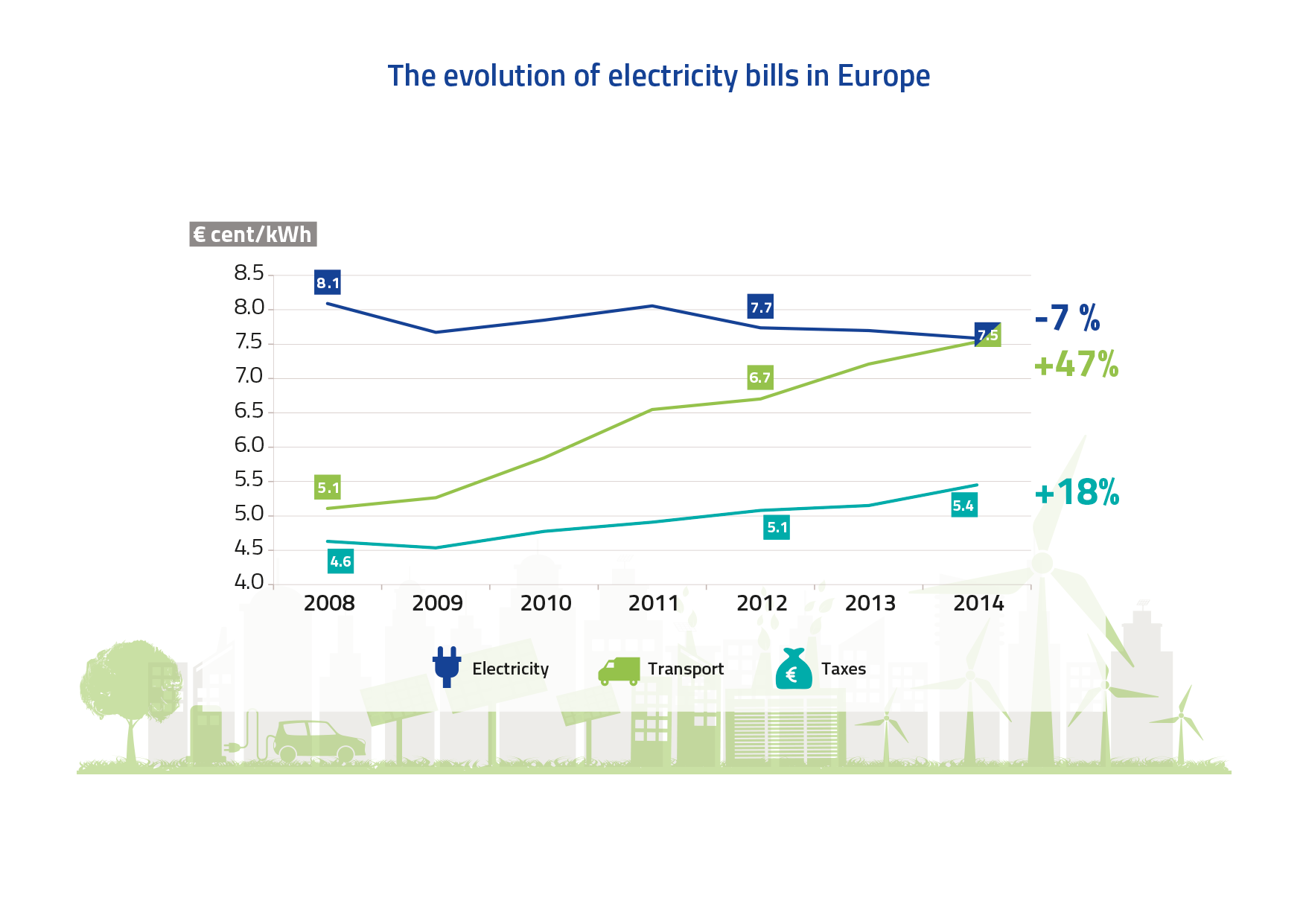Business Model Innovation: Off-grid; does storage stand alone?


Multiple ownership models exist for this segment, which depend on a number of factors including the size of the system (the smaller the system, the more likely it is owned and operated by the final electricity consumer) and the regulations in place. While less important for individual systems, regulations have a great influence on mini-grid ownership models.
The following types of business models can be distinguished:
- Individual systems-equipment sales
- Individual systems-leasing and pay-as-you-go
- Mini-grids-utility operator model
- Mini-grids-community based model
- Mini-grids-private operator model
- Mini-grid hybrid operator model
Individual system
Individual systems-equipment sales usually face challenges in addressing the issue of high upfront costs, finding finance for equipment, and in building the right distribution channels to reach their customers.
In individual systems-leasing and pay-as-you-go models the offer can be referred to as “energy-as-a-service”, with companies proposing to install simple energy systems at their customer’s location at no cost or with a small, sometimes refundable, deposit. These models become increasingly popular with the fast deployment of mobile use and especially mobile payments that enable efficient prepayment.
Mini-grids
With the mini-grid utility operator model, the government or the national utility manages all the aspects linked to the mini-grid. Hence, the investment is made by the national utility that operates and maintains the mini-grid, including the storage. This model is expected to be easy to implement and less subject to regulatory constraints, since it is based on regulations applying to the national grid.
In the mini-grid community-based models, the community members own the storage assets and manage generation and distribution. This model often requires assistance from an NGO or a company since insufficient local human capacity and knowledge (technical and management) on energy system (including energy storage) is a clear bottleneck. In Europe, there has been interest in this business model.
With the mini-grid private operator models, a private entity plans, builds, manages and operates the mini-grid system. The funding depends on private equity and commercial loans as well as public support through grants, subsidies, and more.
With the mini-grid hybrid operator models, different entities may build, own, operate and maintain the system. This basically covers the different forms of public-private partnerships, in particular the rural energy services companies where the government owns the system while a private entity builds, operates, maintains and collects revenues from energy sales. It can also take the form of concessions, where governments grant exclusive rights or beneficial terms to companies for a certain area or a period of time.
These models can all be more attractive in the sense that they build upon the strength of different actors. However, they may be difficult to implement. Since the regulatory background as well as off-grid applications can be so diverse, off-grid business models have huge variety. In Europe, the mini-grids-community-based model seems to gather interest. But often regulation will determine the only viable business model.
Join us again next week when we look at mobility energy storage business models.
What can you do now?
Digital transformation is radically disrupting the energy industry. Business models need to adapt to keep pace with change. But as we move from products to services, from bricks and mortar to platforms, and with decentralisation changing the playing field, how do you stay up to speed with changing regulation? How do you ensure you’re truly optimising the opportunities?
InnoEnergy is now accepting enrolments on a new and innovative workshop on the topic: Business Model Innovation and Energy (Storage) Regulation. Through workshop-based learning, you build big-picture understanding of the latest energy technology, business model innovation in an evolving energy landscape, and the impact of new and emerging regulation on business.
This workshop is the perfect opportunity to spot the opportunities in energy storage. To enhance your business model. And to re-shape the future of your business.


